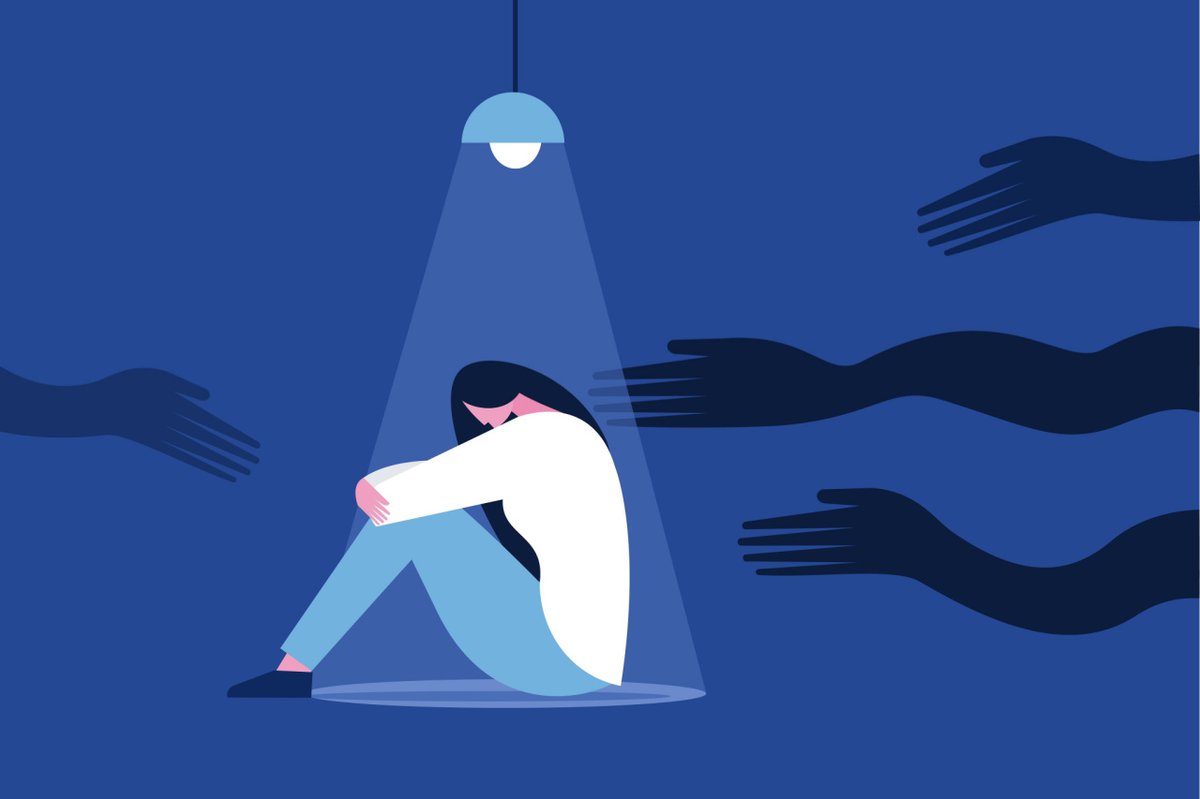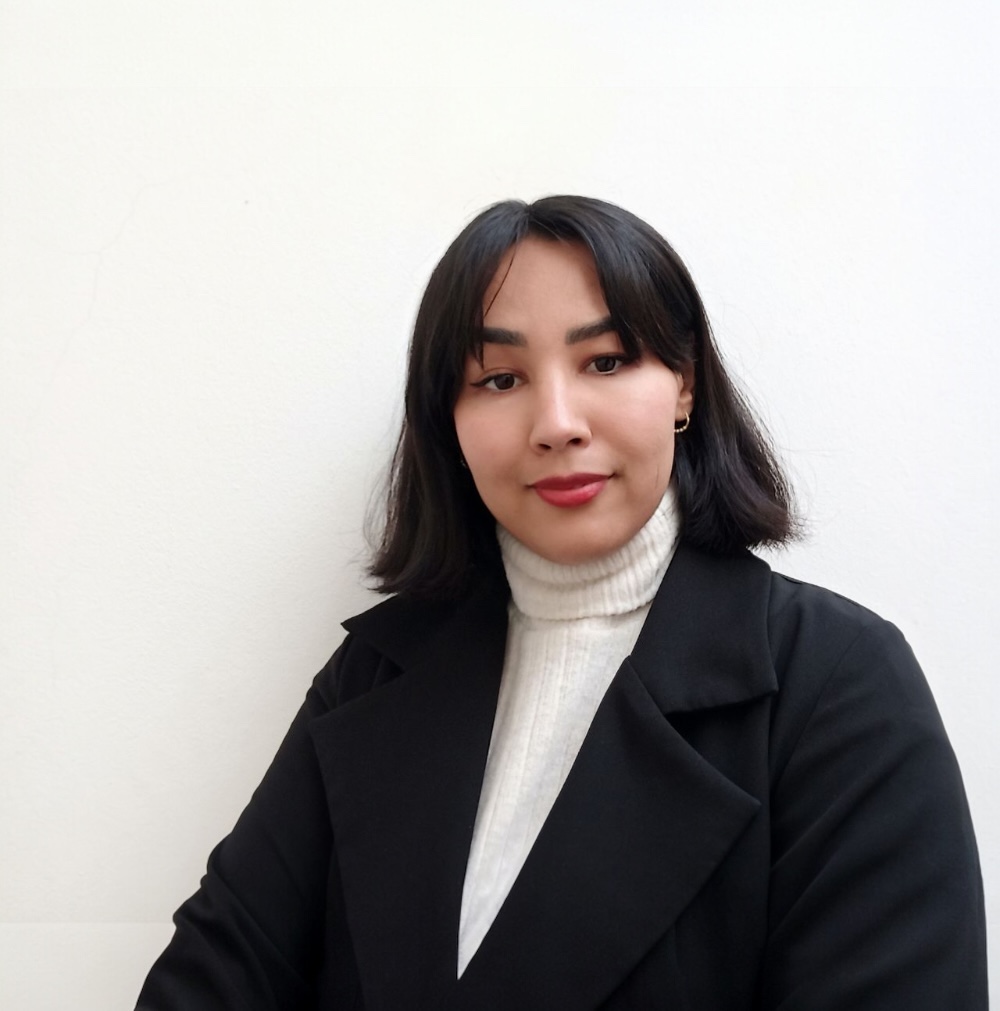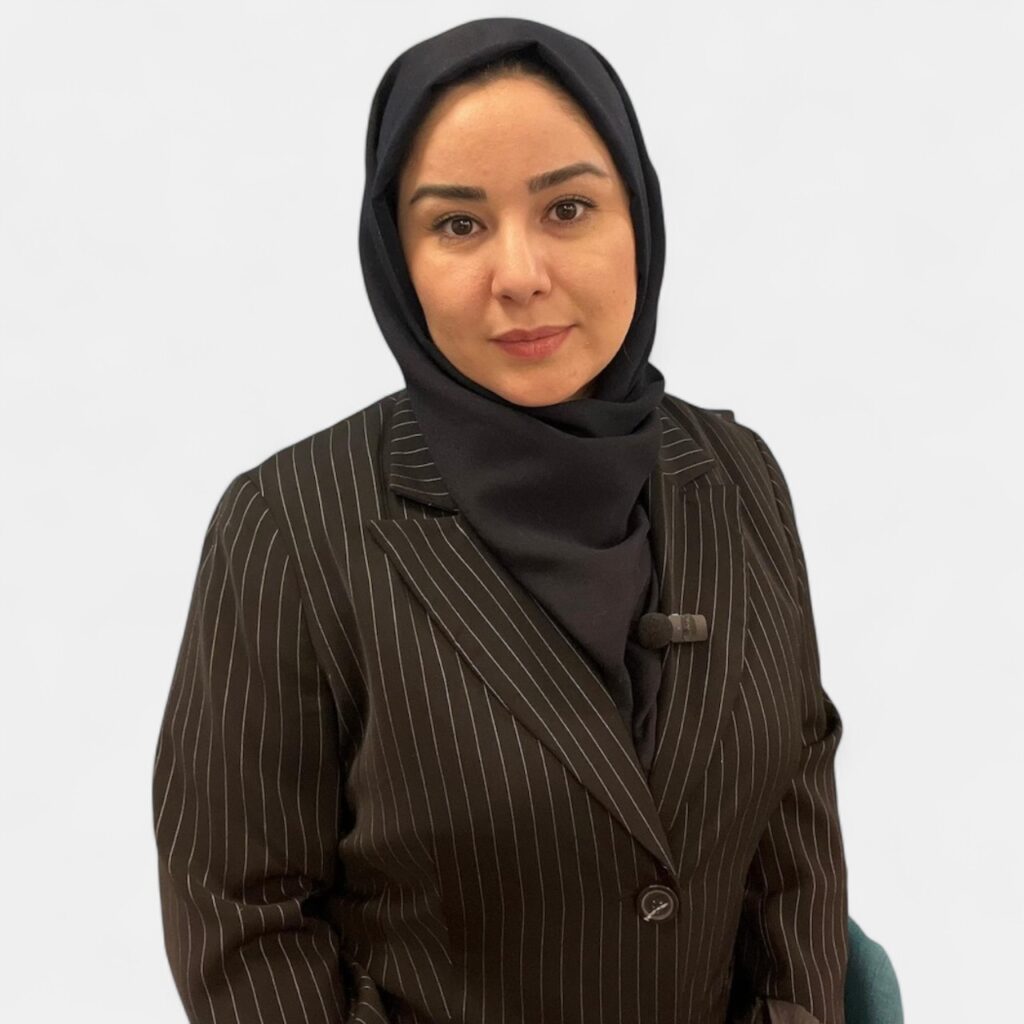
Afghan Diaspora: Healing from Trauma
Imagine fleeing your home, leaving everything you’ve ever known, and embarking on a dangerous journey to an unfamiliar land. For many Afghan refugees in Sweden, this is their reality. Behind the hopeful smiles of starting anew lies the heavy burden of trauma—silent, invisible, yet deeply impactful.
Some carry memories of violence or loss, while others have experienced the uncertainty of living in refugee camps or the peril of dangerous migration routes. Without addressing this trauma, its effects can ripple through every aspect of their lives.
The Visible and Invisible Toll of Trauma
Untreated trauma doesn’t remain silent. It manifests in sleepless nights filled with nightmares, an ever-present sense of anxiety, or a deep sadness that feels impossible to shake. Concentrating on simple tasks becomes difficult, and building new relationships feels overwhelming. For some, it even takes a toll on their physical health—constant headaches, fatigue, or weakened immunity, all signals that the body is still in survival mode.
Finding Hope and Healing
But there is hope. Healing is possible when trauma is met with understanding and care. In Sweden, a growing focus on trauma-informed support is making a difference for Afghan refugees. Mental health services, tailored to their unique experiences, provide a lifeline. Therapies like cognitive-behavioral therapy (CBT) and EMDR help refugees process their past in a safe, supportive environment.
However, cultural barriers, such as the absence of culturally sensitive counselors and interpreters, sometimes create obstacles to healing.
The Power of Community and Purpose
Beyond therapy, community plays a critical role in recovery. Refugees who find opportunities to connect with others—whether through cultural groups, local events, or shared activities—often rediscover a sense of belonging. For children, schools become a haven, offering stability, routine, and programs that address their emotional needs while helping them succeed academically.
Rebuilding a life also means creating new routines and finding purpose. Employment, education, and vocational training not only provide financial stability but also help refugees regain confidence and a sense of agency.
Each small step forward—learning Swedish, making a friend, securing a job—is a victory over the weight of the past.
Healing from trauma is not easy, nor is it quick, but with the right support, it is possible. By embracing compassion, cultural sensitivity, and a commitment to understanding, Sweden can help Afghan refugees reclaim their lives. Every step forward is a testament to the resilience of the human spirit and the transformative power of hope.

Aghele Mohammadi
Psychologi
Aghele has a strong foundation in Psychology, she is currently pursuing a Master’s in Local Development at the University of Padova. With extensive experience in project and event management, she focuses on social innovation and sustainable development, leveraging her background in psychology to provide impactful solutions.
Awarded the prestigious Unipd4Afghanistan scholarship for leadership and academic excellence, she has demonstrated expertise in leadership, cross-cultural communication, and creative problem-solving. she is passionate about using innovative approaches and technology to address global challenges.

Narges Akhlagi
Psychologi
Narges Akhlaghi is a dedicated psychologist with over six years of academic training, fully recognized in Sweden. She has a strong passion for mental health and extensive experience supporting diverse communities, including impactful work with UNICEF in underserved areas of Iran. Specializing in immigrant mental health, Narges has also published research and articles on the subject.
UnityPress
Inside Afghanistan, people are losing their identity, culture, and freedoms, piece by piece. Women and girls have been silenced, dreams have been crushed, and the rich traditions of the country are slowly disappearing.